The 12th Joint Seminar - University of Munster and Nagoya University - took place in Nagoya University.
The spread of globalization means that society needs universities to educate world-leading researchers able to work in the international field. In order to meet such needs, Nagoya University has established a number of international education programs for graduate students. The 12th Joint Seminar of the University of Munster and Nagoya University, supported by The Japanese-German Graduate Externship, is the one of these programs. This seminar was held at Nagoya University on 3-4 October 2011, and was organized jointly by the University of Munster and Nagoya University.
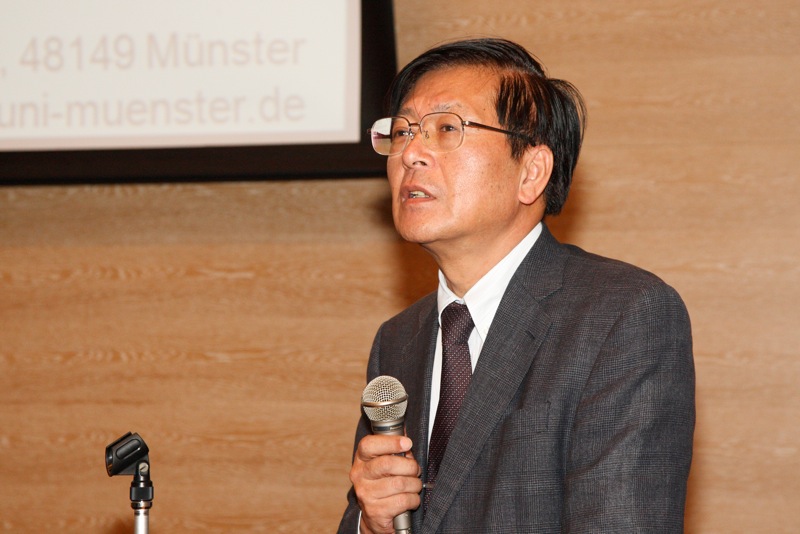
The Japanese-German Graduate Externship is a program funded by the Japan Society for the Promotion of Science (JSPS). It was established to promote exchange among universities in Japan and Germany by supporting collaborative instruction as well as reciprocal student enrollment in graduate courses in the two countries. Previously, the University of Munster and Nagoya University have worked together to conduct an academic program, entitled Complex Functional Systems in Chemistry: International Research Training Program, also supported by The Japanese-German Graduate Externship.
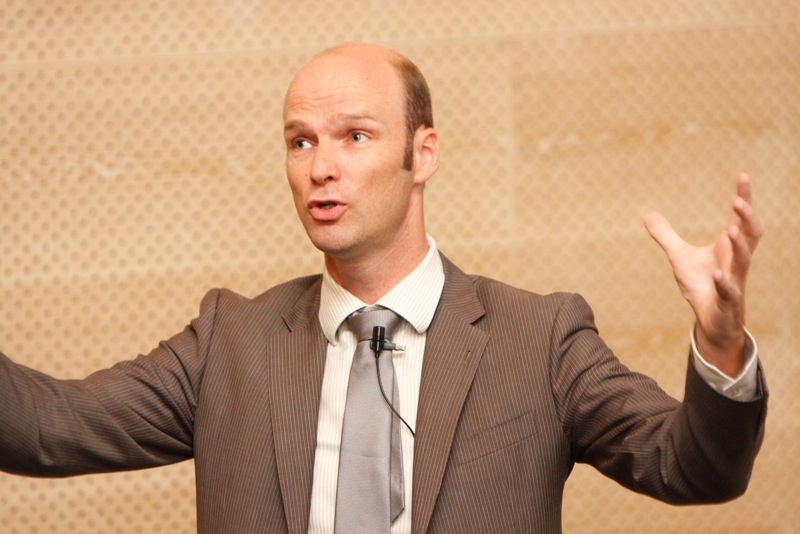
The University of Munster is the third largest university in Germany and has exchange agreements in place with more than 400 research institutions all over the world. Equally, the School of Science at Nagoya University is a renowned international research center, and is home to several Global Center of Excellence (COE) research programs, sponsored by the Japanese government. In the Complex Functional Systems in Chemistry, both universities cooperate in order to educate researchers able to excel in the international research field.
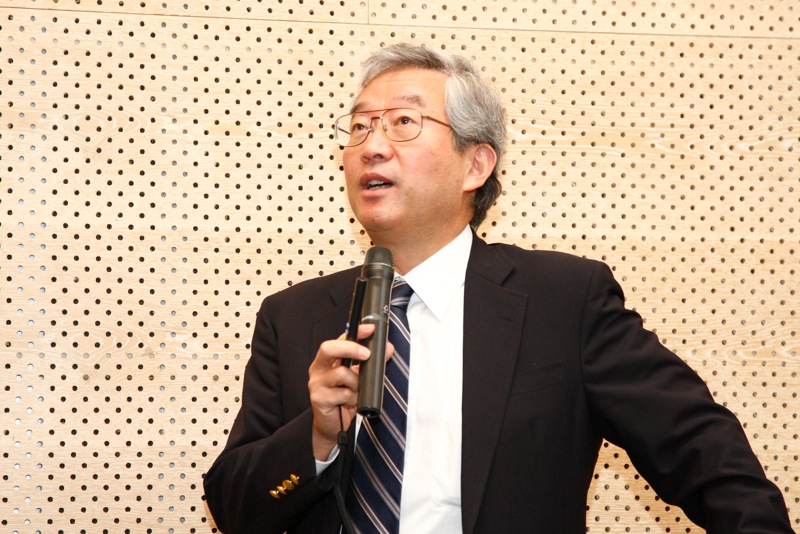
So far, the program has supported the dispatch of doctoral course students from the graduate schools of the two universities to their respective counterparts for several months, in order to collaborate in writing doctoral dissertations. Graduate students who participate in the exchange are required to include the results of research activity conducted at the partner university in their doctoral dissertation, which is submitted to their home university. The graduate students participating on the exchange are expected to make presentations at academic conferences, write manuscripts for academic journals, and participate actively in the planning of joint seminars in the host country.
In addition, young faculty members from Nagoya University also participate in joint educational research activities.
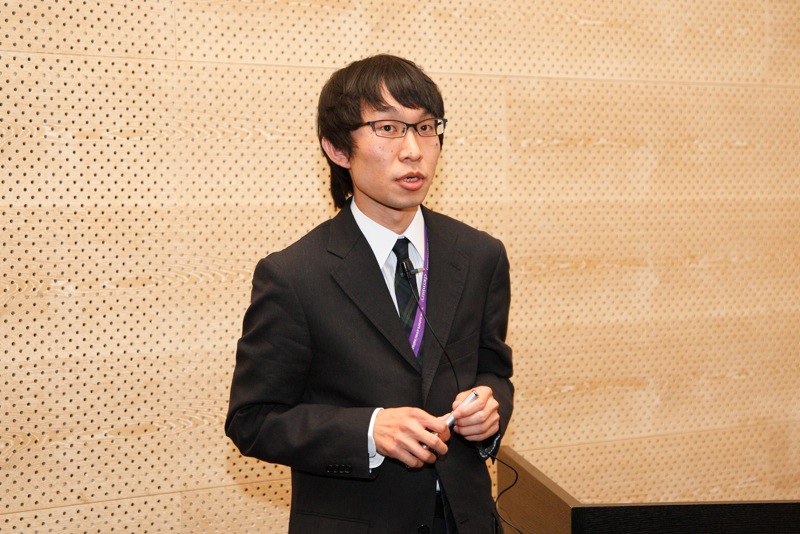
The 12th Joint Seminar of the University of Munster and Nagoya University, held as part of The Japanese-German Graduate Externship, took place on October 3-4 2011 at the Noyori Materials Science Laboratory, Nagoya University. The seminar was distinguished by the attendance both of renowned professors and of outstanding young students, presenting their cutting-edge research.The seminar, held at Nagoya University, was opened with an address by Professor Kazuyuki Tatsumi, coordinator of the program. This was followed by oral and poster presentations including student sessions. Professor Bart-Jan Ravoo from the University of Munster gave a presentation, as did several of his colleagues. Presentations were also given by Nagoya University faculty, including Professor Yoshihito Watanabe.
Prof. Bart-Jan Ravoo gave a presentation entitled "Biomimetic Carbohydrate Receptors in Solution and on Surfaces". He explained how carbohydrate receptors contribute to various vital activities. His research is focused on the development of artificial carbohydrate receptors, which are valuable as drugs and other life innovations. For this reason, receptor development represents a tremendous challenge for molecular chemistry. In order to identify biomimetric carbohydrate receptors, Prof. Kavoo and his team used a dynamic combinatorial library (DCL) to search for host-guest interaction.
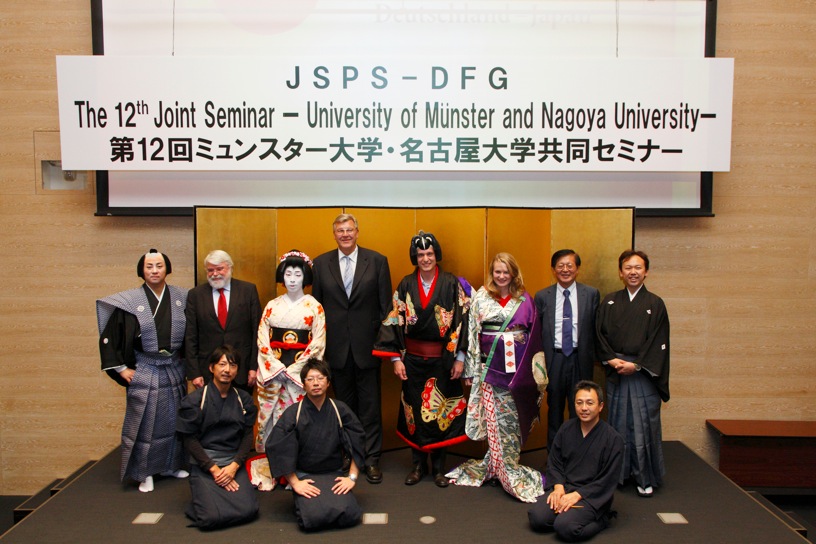
Prof. Watanabe spoke about "Novel Approaches for the Construction of Metalloenzymes". Metalloenzymes play an important role in various vital functions. His group focuses on the development of a versatile enzyme system able to add new functionality to the enzyme. In this research, the team lead by Prof. Watanabe added substrate P450BSβ , which works on cheap H2O2 and has a specificity of substrate, to a multiplicity of substrate.
Kazuki Tanifuji, a doctoral course student at Nagoya University, was one of doctoral students who made presentations on research undertaken at the respective partner university during their participation in the program of exchange.
The seminar was a valuable opportunity for all participants to hear about the recent research of outstanding scholars. The presentations given by the doctoral students were also very distinguished. After the seminar closed, a special event, marking a century and a half of cultural exchange between Japan and Germany, was held: 150th Anniversary Special Event KABUKI- Introduction. This was attended by the German consul general and many other esteemed guests, who enjoyed an evening of traditional Japanese culture.